recent posts
-
 Episode 17: Healing after success in the Music Industry with Jeannie Ortega22 Jan 2025
Episode 17: Healing after success in the Music Industry with Jeannie Ortega22 Jan 2025 -
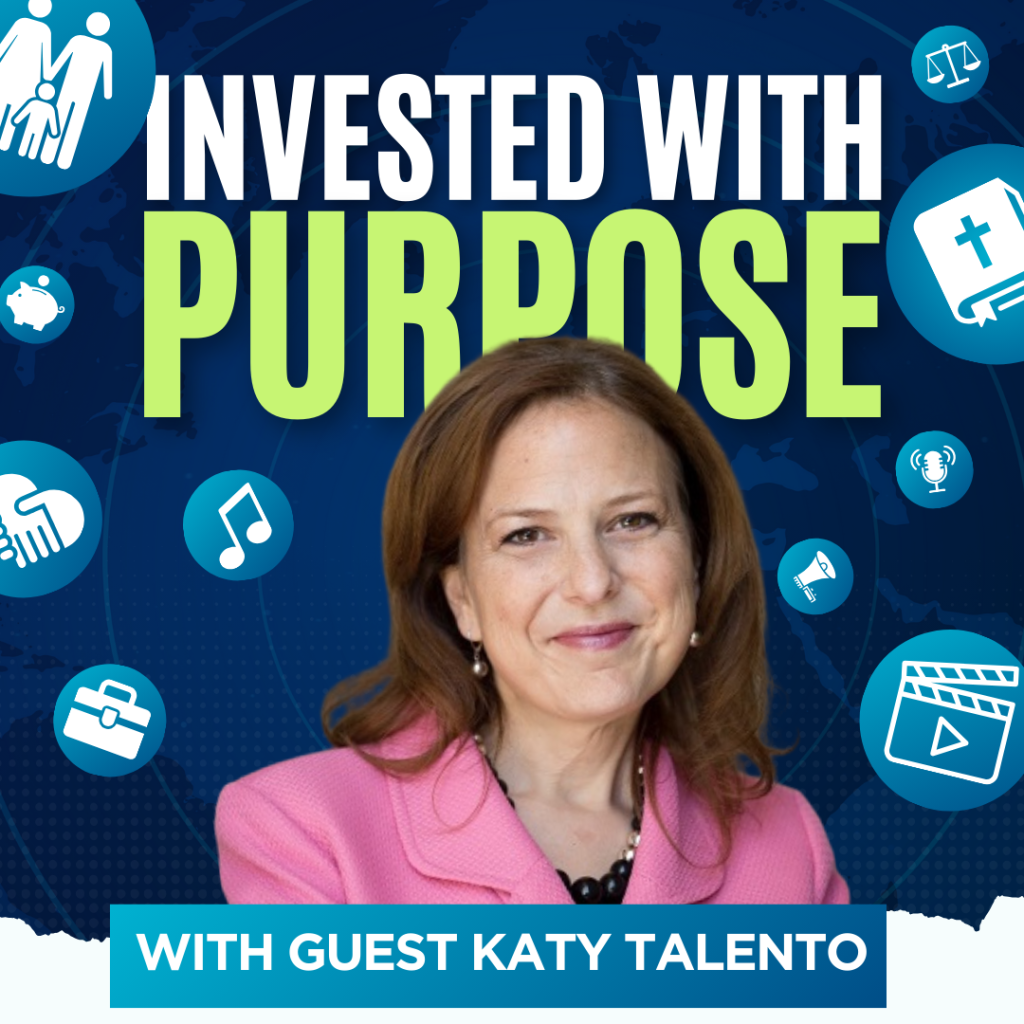 Episode 16: Mentally, Physically and Spiritually sick in America with ex-Trump Advisor Katy Talento22 Jan 2025
Episode 16: Mentally, Physically and Spiritually sick in America with ex-Trump Advisor Katy Talento22 Jan 2025 -
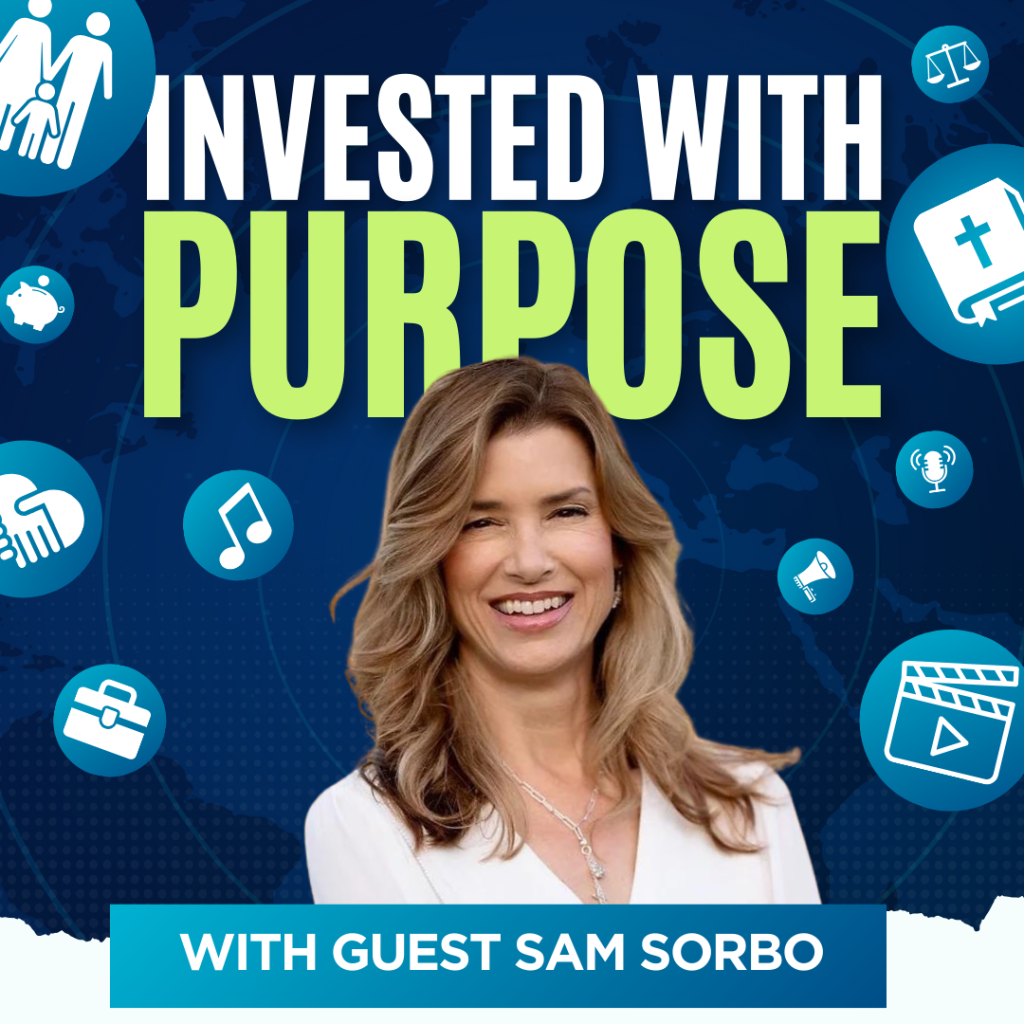 Episode 15: The FIGHT for our Kids with Sam Sorbo22 Jan 2025
Episode 15: The FIGHT for our Kids with Sam Sorbo22 Jan 2025 -
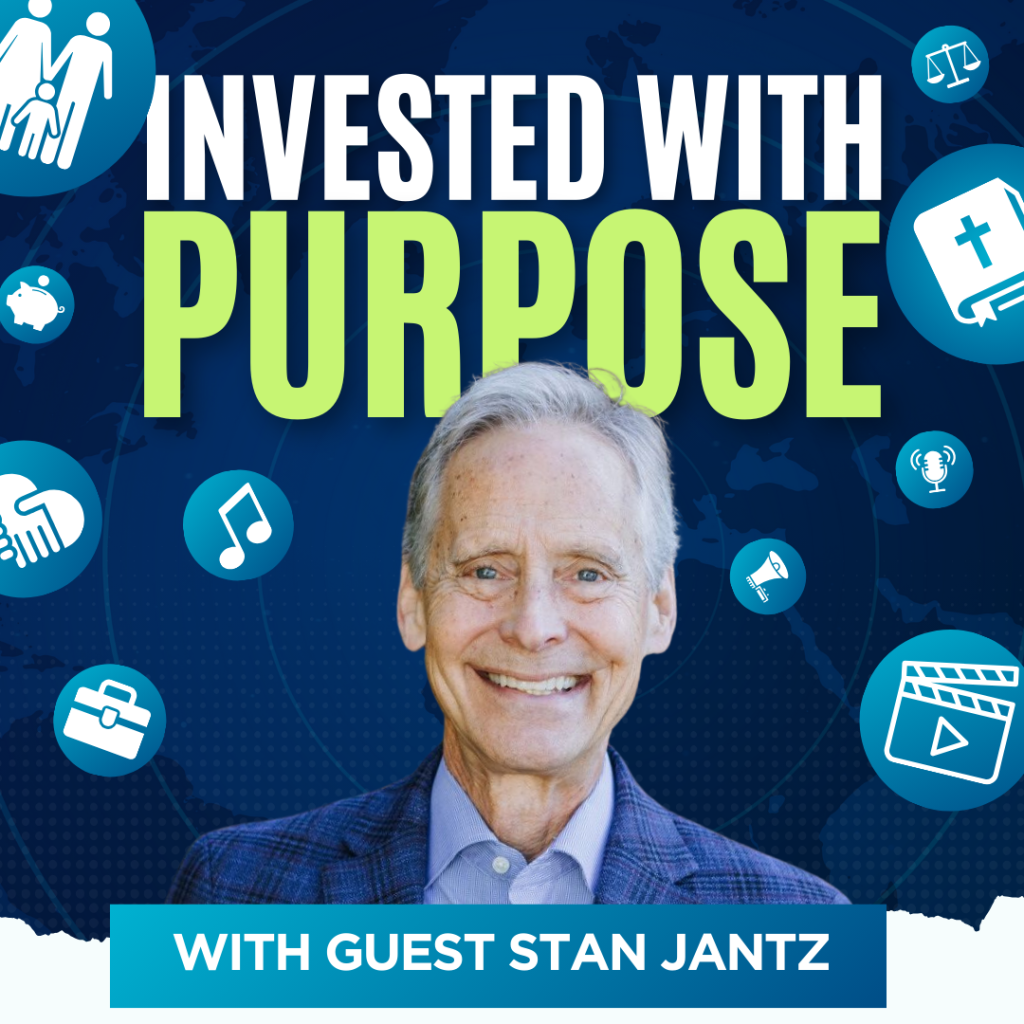 Episode 14: The Mission of "The Chosen" with Stan Jantz22 Jan 2025
Episode 14: The Mission of "The Chosen" with Stan Jantz22 Jan 2025 -
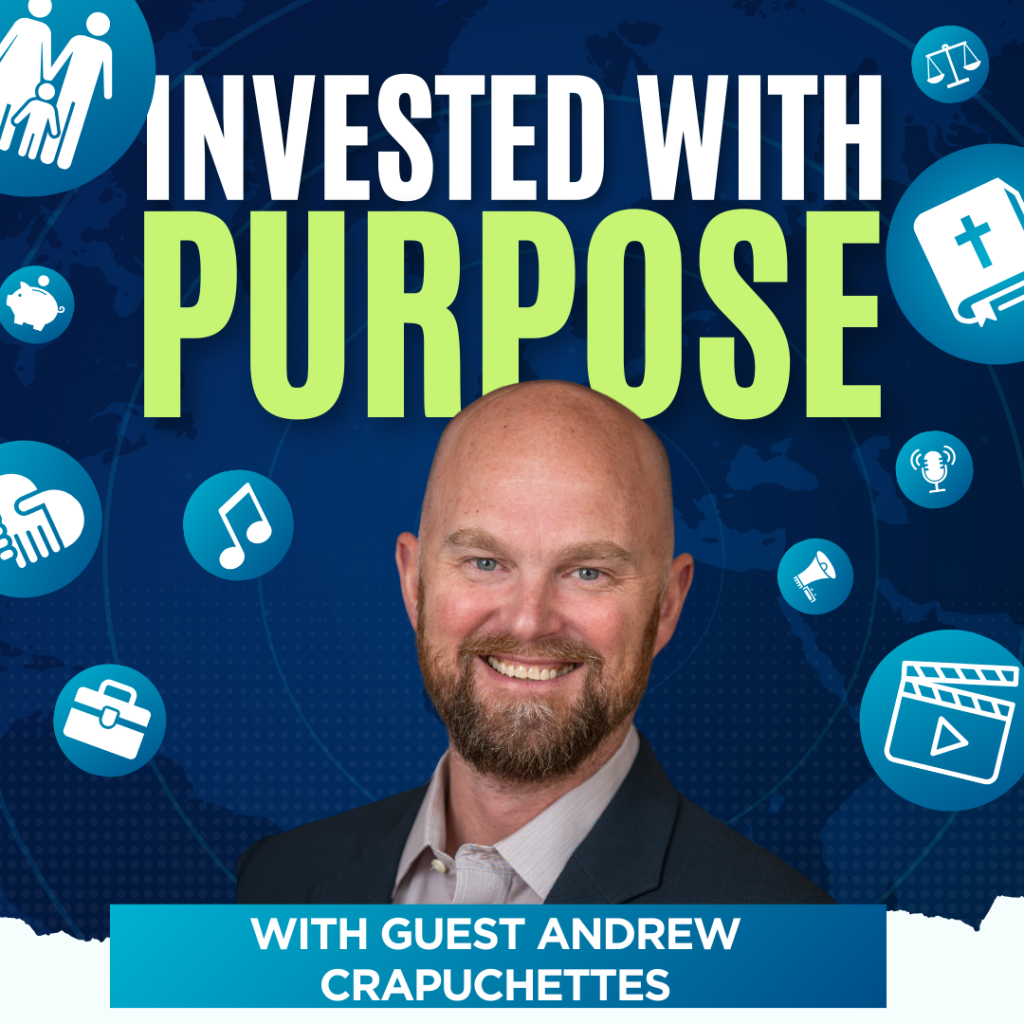 Episode 13: Faith & Freedom Loving Job Seekers with Red Balloon CEO, Andrew Crapuchettes25 Jun 2024
Episode 13: Faith & Freedom Loving Job Seekers with Red Balloon CEO, Andrew Crapuchettes25 Jun 2024 -
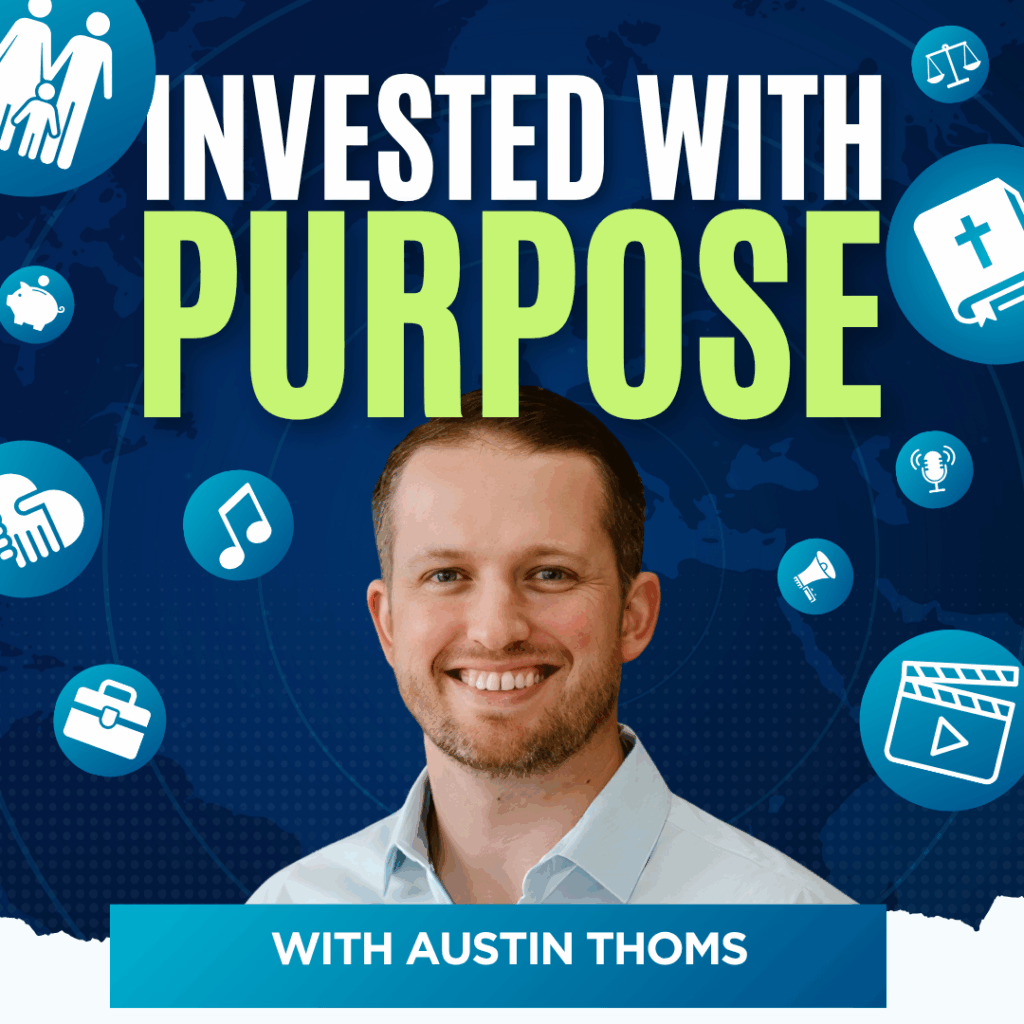 Episode 12: Bridging the Gap Between Faith and Finances with Austin Thoms13 Jun 2024
Episode 12: Bridging the Gap Between Faith and Finances with Austin Thoms13 Jun 2024
categories
Listen On:
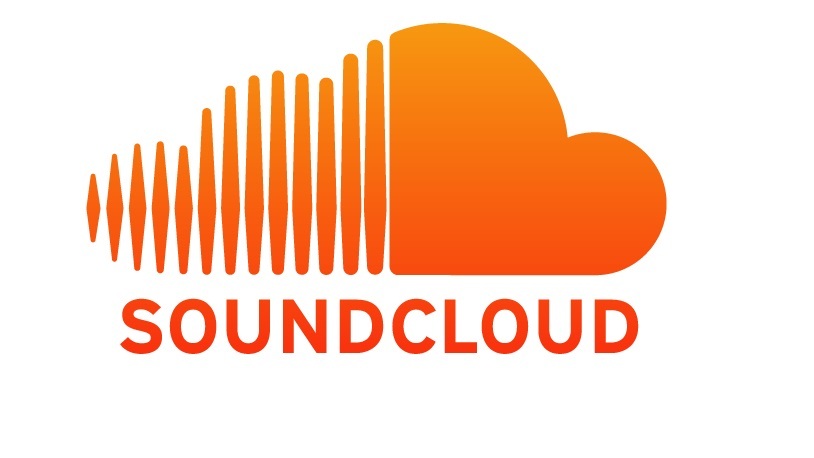



Watch On:




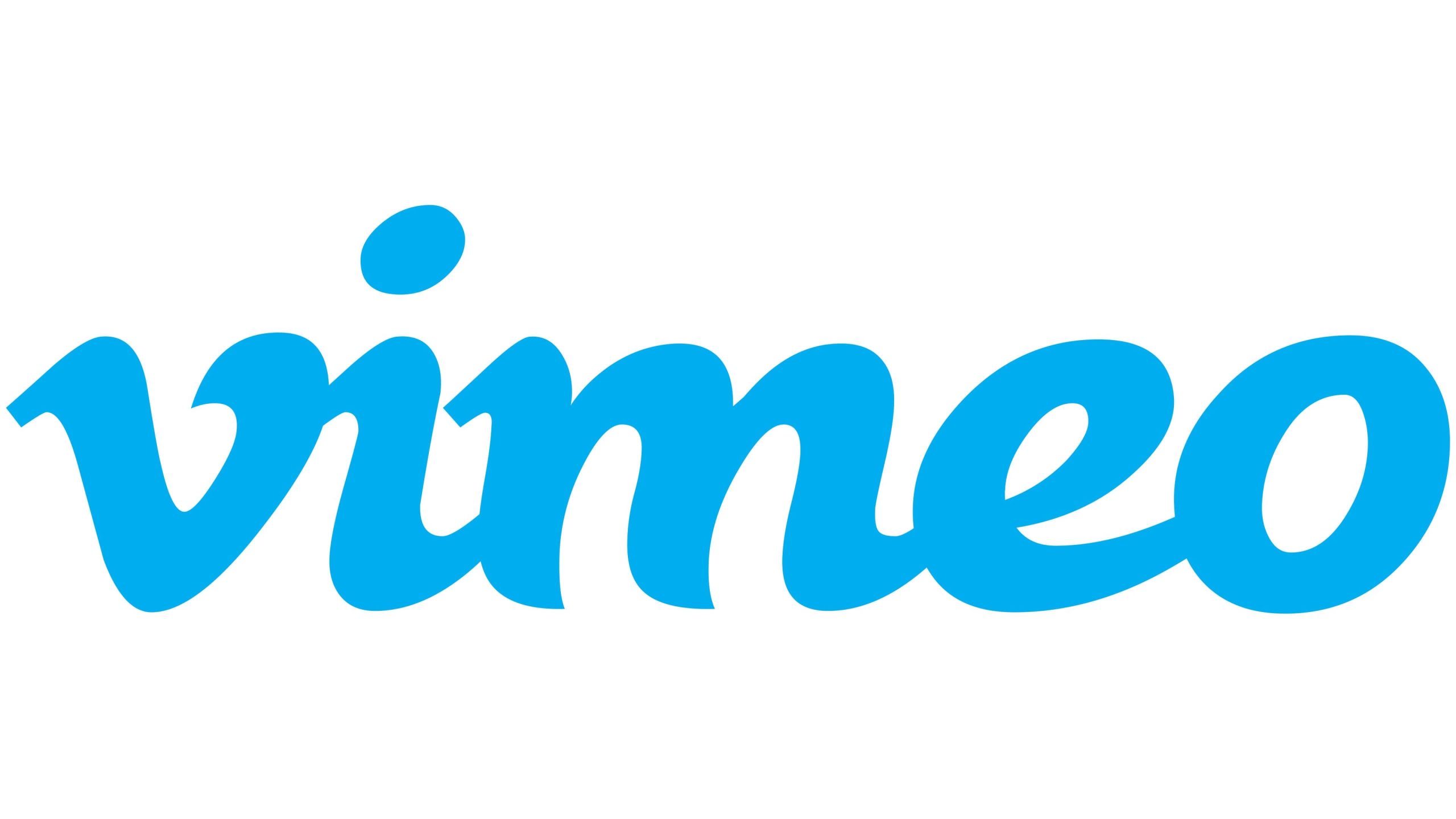
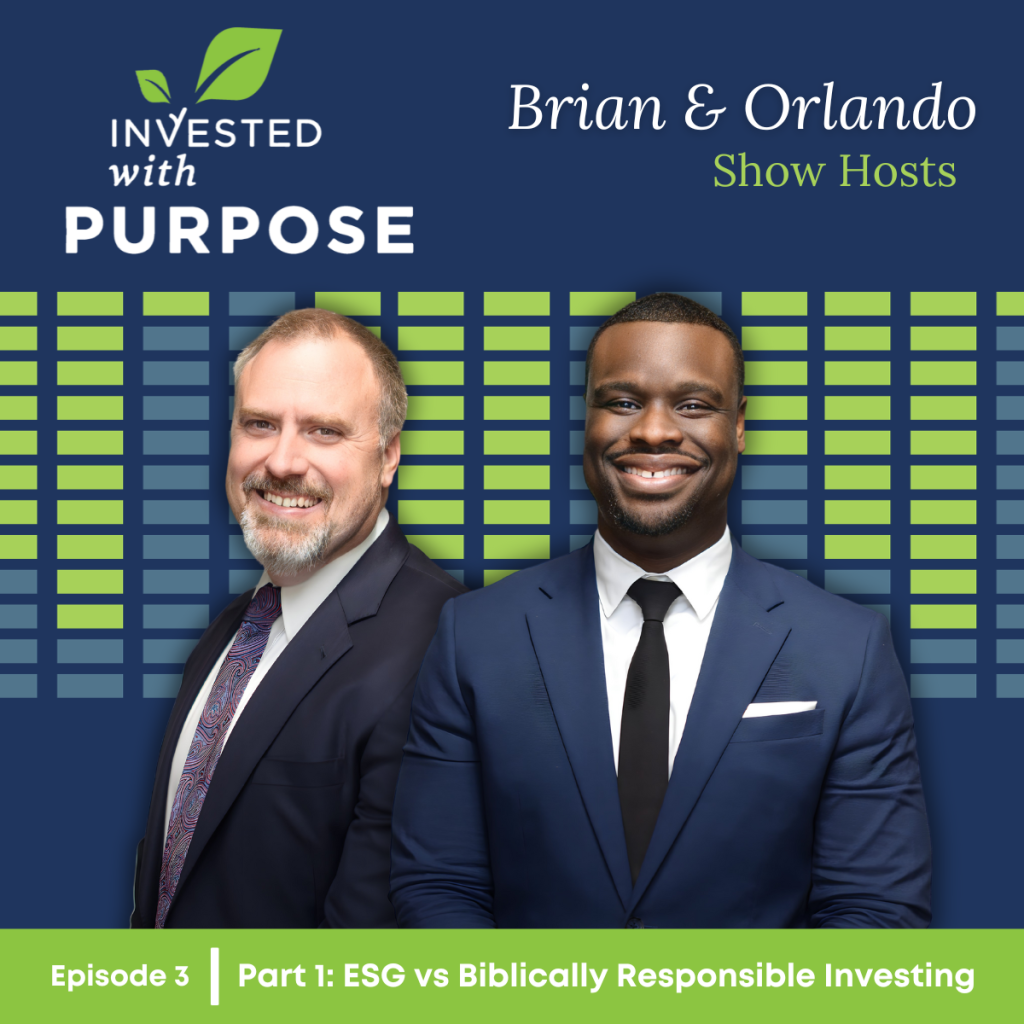
Episode 3: esg vs bri. What it is & why christians need to know!
Orlando: ESG. Environmental, social and governance. What exactly does that mean? What does it mean from your perspective, Brian? From someone who’s been in the financial service industry for some time now, talking to advisors, a lot of clients, what does that mean? If I’m a everyday investor and I say, “Brian, what does ESG mean?”
Brian: That’s a great question-
Orlando: How does that affect me?
Brian: What does it mean today, right? Because I feel like, what it means today might not be what it means even one year from now. And we can almost see that it’s shifted already, multiple times. When I first started at Timothy Plan, it was social investing, and social investing involved climate issues, and then things like alcohol, tobacco and gambling, something like that. And so the climate issues were something that were pretty important. But then now, we’ve coalesced and we’ve got this governance issue and you’ve got these social issues. It’s almost like, who’s defining what these issues are? Do we know?
Orlando: And that’s one of my biggest problems is a lack of clarity on exactly what it is. And to be quite honest, I’ve done minimal research, so I haven’t spent hours upon hours looking into it. But just from what I’ve looked at, it seems like, a lot of these terms, depending on where you go, they can be defined as different things. So even when you say climate issues, what does that mean? Or what do you mean, the climate, and what implications does that have on an investment company that has nothing to do with that? Why does that affect a company’s ESG score? What is the ESG score? Who are the people who are determining if someone gets a high or low score? I think one of the problems with ESG, just from my brief study and observation, is that it is super subjective and there’s no clear standard that, from what I’ve seen, has stood the test of time.
Brian: You have something like a values-based investment, which is what they call it, which is completely different than what a biblically responsible investment is, where you have clearly defined things that go back centuries and millennium. So you have these standards that are biblical principles that are coming out of thousands of years of history and haven’t changed, and now you have something like ESG that can change on a day-to-day or month-to-month or annual basis. And then what’s the next issue that’s going to come that co-ops into ESG? Now there’s an issue out there we may not even know exists that will be pulled into it and then made some core criteria, right?
Orlando: And there is no… I mean, I’m not sure if there’s a comprehensive list of everything that goes into ESG, and even as you say, the term values, again, it begs the question, whose values are we talking about? Because depending on who you ask, what people value is going to be different. And that’s okay. It’s okay for someone to have different values, but I don’t think it’s okay for it not to be clear in what values you’re referring to. And some of what I heard from, I guess, some of the proponents of ESG is that it’s not political, and it’s not pushing a certain agenda when you talk about equity and climate change and things like that. I mean, those are clearly buzzwords that are used politically. So I wouldn’t have as much as a problem if whoever the proponents of ESG are were crystal clear on what it was, what they stood for, instead of standing firm in midair and intentionally making it convoluted and muddied, and they just communicated what it was. So yeah, that’s what comes to mind when I think about it.
Brian: Right. And then you have the aspect of a corporate takeover almost, where you have a company like Exxon where they place people on the board that are diametrically opposed to the business that you’re in. It’s like, what do you want me to do? We’re an oil and gas company, and now you want us to turn into something else entirely. That was not what they signed up for on this ESG thing. And then of course, the hot topic now, you see in the news is that you have companies like Budweiser that commit brand suicide almost to gain some kind of credit score, right? Is that what drives people to do this?
Orlando: Absolutely. And the credit score, that’s a whole can of worms in and of itself, because I would assume, within a lot of these companies who have these scores as people, and even people high in these companies who wouldn’t necessarily agree or even care about some of the things that they have to push to get a higher credit score. And then it just brings to mind having it is not a social credit score, but it has that same type of implication that, if you’re not following these types of rules or doing these things that this group of people has said is good, then that can affect your business, that can affect if you receive business loans, that can affect how many people are going to invest in your company, as opposed to just having a company who creates a product or does a service and does that well.
Orlando: I’m not sure why it just can’t be that way, why a furniture company just can’t be a furniture company, why things have become so blurred and why they have to have their hands in so many different things. And that’s what makes me believe there’s something else at play, that it’s not just about values, but it’s about pushing a certain type of mindset. And it’s not fair, again, if it’s not clearly communicated, and it’s not fair because the average investor isn’t even aware of this.
Brian: Right. Right. It’s almost like we’ve lost the plot now where a company just can’t be a company. Coca Cola can’t just be Coca Cola. Coca Cola has to stand with whatever current issue comes about, and we all know, every June, we know what issue that is because you’ll turn your logo a rainbow on June 1st, and then you’ll turn it off at the end of June. And it’s like, okay, now to the next month, what’s our next issue that we have to do? Or what’s the next thing that’s hot right now? And it is making companies become culture warriors in a way. And now, we’ve railed against people that get too caught up in the culture war, but we want all these companies to fight the culture war. I don’t understand.
Orlando: It’s becoming more and more challenging for an individual or a company to just be new neutral. I don’t even know if that is even a thing today, neutrality and nuance. Because if you don’t take a stand for something, you’ve taken a stand for something. Whether it is something like the rainbow flag as an example, if a company doesn’t do that, they can be berated for just not doing that. That doesn’t mean that they have anything against anyone. So it’s unfortunate that things have become so polarizing to where it’s either fall in line, either you are with us or against us.
Orlando: And now, of course, there’s certain issues I think it’s okay to take a stand for and to speak up on, of course. But again, we’re talking about companies who provide specific services. And there’s places for people to go for certain things, whether that is to hear something about politics or to hear something about more social issues. The lines are so blurred now, and as a believer, we’re left with no choice but to take a stand.
Brian: Right. The time of us being neutral or just saying, “Well, that’s somebody else’s problem,” is kind of long gone now. You’re pushed into a corner where you have to make a decision because you’re watching companies make the decision for you. And so the old school boycott way of doing things doesn’t necessarily make any difference really. You’ve got to be engaged. And it’s interesting. Companies absolutely have every right to take a social stand, whatever stand they want. The thing is, they should be able to do that by their own choice, not because they’re just like, “Well, you didn’t do this and now we’re going to ruin your business.” I mean, by and large, you could get almost unanimous support for some form of a diverse opinions across the aisle. You want to hear different opinions and not sit in an echo chamber all the time.
Brian: But then you end up with these companies where their “diverse opinion” is not diverse at all because it’s only one opinion, and you better be in agreement with that opinion or else you’re on the outside looking in. And so we’ve lost all nuance in all conversation. We can’t talk about things on the conservative side of things versus things on the more liberal side of things, Christian versus non-Christian viewpoints and just have debate. Now, we can’t even have the debate. Now, we just stop talking.
It’s becoming more and more challenging for an individual or a company to just be new neutral. I don’t even know if that is even a thing today, neutrality and nuance. Because if you don’t take a stand for something, you’ve taken a stand for something.
-Orlando Aska
Orlando: Right, exactly. It’s stop talking and you’re supposed to hate the other person no matter what. And it almost seems like that’s the play. For whoever the powers that be, they don’t want those types of conversations happening. They don’t want the healthy debate and healthy discussion and the nuance and the different perspectives shared. It’s have these four or five talking points and don’t go any deeper than that. I mean, that’s what we see a lot on a lot of these media outlets, unfortunately. And these legacy media outlets, a lot of the times, it’s these loud talking heads, these quick sound bites, as opposed to a long form discussion, which is part of why I think, culturally, we’re moving to things like podcasts and why certain podcasts are so prevalent and things on social media and things like that. You’re able to get more of that long thought out conversation.
Orlando: So yeah, it’s a very interesting place that we’re in. And going back to the ESG thing, it seems like that’s kind of the fruit or the outworking of just where we are culturally, how it’s either do this or you don’t do it, and that’s going to affect your bottom line.
Brian: Yeah. The thing is outstanding that you have, as a Christian, you can have options where you can invest with your faith. And those are the things that we really should be looking at. I mean, everyone wants to reflect their own values in all the things that they do, and we do that every day with our children and our families and the media we consume and the books that we read and the music that we listen to and the podcasts that we listen to. And so it makes logical sense, of course, to make sure that you’re looking at, not just companies that you support or go shop at, but how are you funding these types of things. So yeah, that’s a really good talking or something to really think about.
Orlando: Right, absolutely. It’s important to be invested with purpose.
Brian: There you go.
Outro: Invested with Purpose is brought to you by Timothy Partners Limited advisor to Timothy Plan Funds. Timothy Plan is a family of biblically responsible mutual funds and ETFs. For more information, please visit Timothy Plan’s website at www.timothyplan.com.
